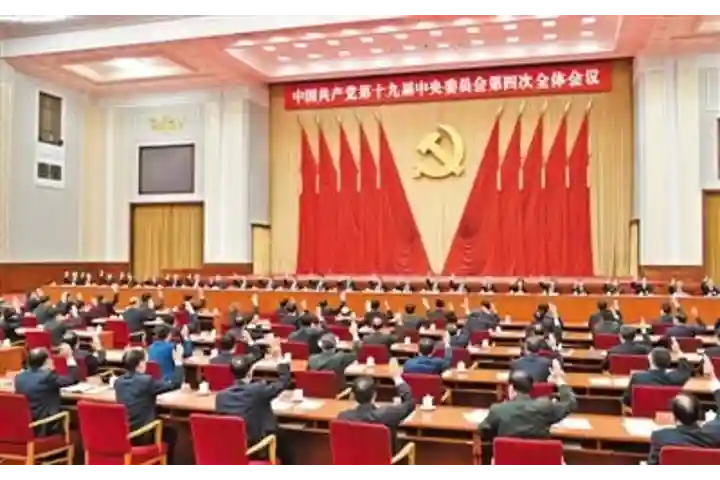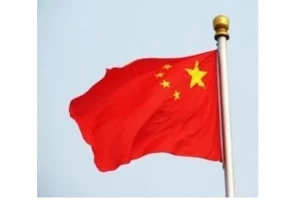China has set a growth target of 5.5 per cent for the current year amid rising geopolitical uncertainties and domestic challenges. Amid a battered real estate market, Covid 19 pandemic-hit small and medium enterprises and the overall crackdown on the private sector in 2021, Beijing’s message to the global business community is clear: the focus this year would be on regulatory stability to put economic growth back on track.
Promising to put in place more policy measures to support the economy after a strict regulatory clampdown especially on the private sector last year, Chinese Premier Li Keqiang presented the annual government work report to the country’s lawmakers. He also said that the external environment is now, "volatile, grave and uncertain.”
To support economic growth, Beijing could look at announcing tax cuts for businesses. Besides, public expenditure has also increased.
Also read: Will China expand its international payment system after SWIFT ban on Russia?
"Achieving this goal will require arduous efforts," Li said as China’s two main political bodies – the National People’s Congress and the Chinese People’s Political Consultative Conference (CPPCC) kicked off their meetings on Friday. Russia’s invasion into Ukraine has already led to a surge in global commodity prices. All indications now point towards a slow and delayed economic revival.
Known as the “Two Sessions” meetings or Lianghui in Chinese, these have always attracted immense global attention, especially for foreign investors as they outline Beijing’s political and economic priorities while providing overall policy direction. This year employment generation will also remain an area of concern.
According to Beijing based Global Times, the “triple pressure” of shrinking demand, supply shocks and weakening expectations could hit China, which has also rolled out several measures to clean up bad debts in its local governments and their financing arms known as local government financing vehicles (LGFVs). Chinese President Xi Jinping’s call for “common prosperity” led to a further rise in uncertainty among the businesses.
As China housing behemoth Evergrande Group along with a few other prominent companies collapsed last year, the real estate sector accounting for about 30 per cent of the country’s GDP has come under pressure.
Also read: China's economic challenges rise but will that lead to the beginning of a collapse?
China’s stringent zero covid approach has only added to the problem. The stringent measures put in place to arrest the spread of the pandemic created further confusion among businesses and citizens at large. The International Monetary Fund (IMF) earlier warned that the stringent restrictions at this stage could be damaging for China.
Beijing registered a growth of 4 per cent in the fourth and final quarter of 2021 after stunning the world with an 18.3 per cent at the beginning of the year. But thereafter its economic expansion has been easing. In the third quarter China’s growth rate was 4.9 per cent while it was 7.9 per cent in the second.




















